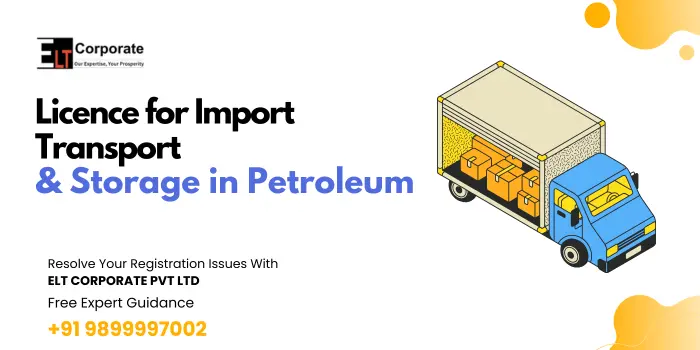Top 10 Legal Metrology Compliance Mistakes and How to Avoid Them
In India’s rapidly growing professional ecosystem, legal metrology mistakes compliance plays an important role in consumer protection and fair trade practices. Nevertheless, many businesses- manufacturers, importers, e-commerce vendors, and even the installation of brands are in the common trap that lead to punishment, product seizures, or iconic losses. This guide highlights top 10 legal metrology compliance mistakes and provides practical steps to avoid them. Why Avoiding Mistakes in Legal Metrology Matters Protects your brand from penalties and product recalls. Builds consumer trust through transparency and accuracy. Keeps business operations smooth and hassle-free. Prevents disputes with authorities and customers. Top 10 Mistakes in Legal Metrology Compliance 1. Skipping LMPC Certificate Registration Mistake: Importers or sellers begin operations without obtaining the mandatory LMPC certificate. How to Avoid: Apply for LMPC well in advance before importing or selling packaged goods. Wrong or incomplete labeling Mistake: Missing major details such as MRP, NET volume, importer/manufacturer’s address, or expiration date. How to avoid: Always a cross-check label to the label against legal metros (packaged commodities) rules, 2011. Incorrect detail of net quantity Mistake: To declare weight/volume incorrectly or use misleading packaging. How to avoid: Use verified weight equipment and ensure declared volume matches real materials. Do not update the label after the rules amendment Mistake: Continuing to use chronic packaging that does not reflect new regulatory changes. How to avoid: Stay updated with information from the Department of Consumer Affairs and reprint the label if needed. Using unacceptable weight equipment Mistake: Godowns, retail sellers, or logistics providers use machines that are not seal or verified. How to avoid: Ensure annual verification and maintain appropriate records from authorized legal metros authorities. Non-compliance by e-commerce vendors Mistake: Important information like online listing MRP or misleading announcements is missing. How to avoid: verify each product listing, especially on platforms such as Amazon, Flipkart or individual websites. Ignoring bilingual labeling requirements Mistake: Label in English only, without compulsory Hindi or regional language requirements. How to avoid: Make sure the packaging complies with national and state language obligations. Bad record-keeping Mistake: LMPC certificate, verification report or inspection records cannot produce records when asked. How to avoid: Maintain a digital and physical reserves of all compliance documents. 9. Assuming Marketplaces Bear Full Responsibility Mistake: Sellers rely solely on e-commerce platforms to handle compliance. How to Avoid: Remember that both marketplace and seller are accountable. Keep your own compliance in order. 10. Neglecting Grievance Redressal Mechanisms Mistake: Ignoring consumer complaints or delays in handling disputes. How to Avoid: Set up a proper grievance redressal system to resolve issues quickly and maintain credibility. Penalties for Non-Compliance Fines: Up to ₹1 lakh for first-time violations. Imprisonment: For repeated or fraudulent offenses. Seizure: Non-compliant goods may be seized, creating supply chain disruptions. How ELT Corporate Helps Businesses Stay Compliant At ELT Corporate, we ensure your brand avoids costly mistakes by offering: LMPC Certificate Registration – End-to-end support for importers, e-commerce sellers, and manufacturers. Label Review & Compliance Checks – Ensuring accuracy in all product declarations. Equipment Verification Support – Guidance for timely weighing machine verification. Audit Preparation – Helping your team face inspections with confidence. Legal Advisory & Dispute Support – Handling penalties, notices, and appeals. FAQs Q1. Do small businesses also need LMPC registration? Yes, any business selling packaged commodities in India must comply, regardless of size. Q2. Can outdated packaging invite penalties? Yes, using non-compliant or old packaging after regulatory updates can lead to fines and product seizures. Conclusion Legal metrology is not just a regulatory formality – this is the foundation of consumer trust and brand integrity. By avoiding these 10 common mistakes, businesses can save costs, maintain reliability and increase continuously. Need help with legal metrology compliance? Contact ELT Corporate today for expert support and smooth business operations.










